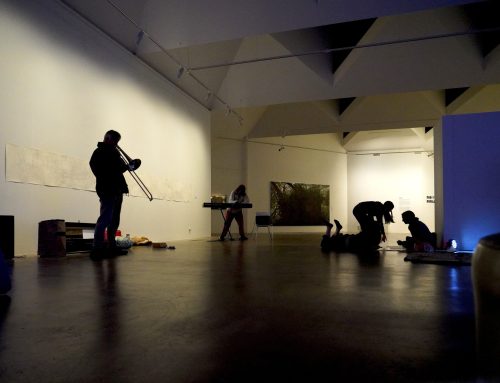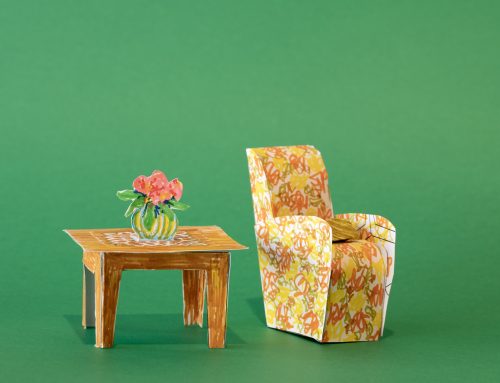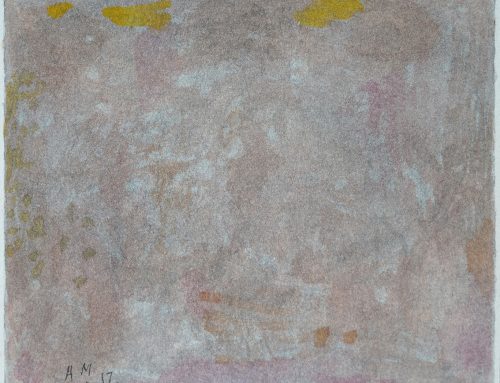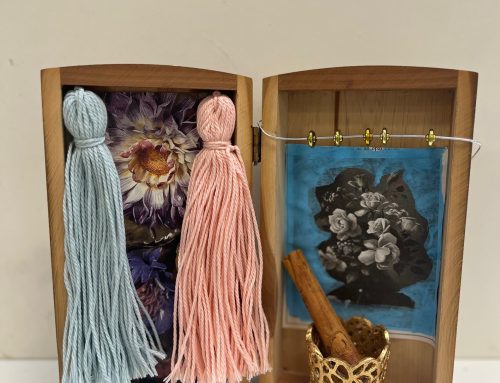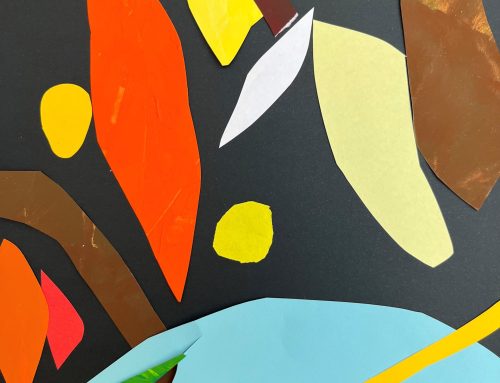
Image:
Long Tom Tjapanangka (born 1929 – 2006)
Pintupi/Ngaatjatjarra language groups
Mereenie Range with Sacred Tree and Snake 1996
acrylic on linen, 152 x 198 cm
Photograph by Mark Ashkanasy
© Long Tom Tjapanangka l Aboriginal Artists Agency Ltd
10AM Saturday 17 August 2024
In this talk, Djon Mundine will speak about the exhibition Three Echoes and touch on significant moments in the history of Western Desert Art from the early men’s paintings of Papunya Tula, to the artists of Ikuntji, through to the Utopia women’s paintings and batiks.
About the speaker: Djon Mundine OAM FAHA is a proud Bandjalung man from the Northern Rivers of New South Wales. Djon is a curator, writer, artist and activist and is celebrated as a foundational figure in the criticism and exhibition of contemporary Aboriginal art.
Djon has held many senior curatorial positions in both national and international institutions, some of which include the National Museum of Australia, ACT; the Museum of Contemporary Art, NSW; Art Gallery of New South Wales; and Campbelltown Art Centre, NSW.
In 1993, Djon received the Medal of the Order of Australia for service to the promotion and development of Aboriginal arts, crafts and culture. Djon also won The Australia Council for the Arts’ 2020 Red Ochre Award for Lifetime Achievement.


